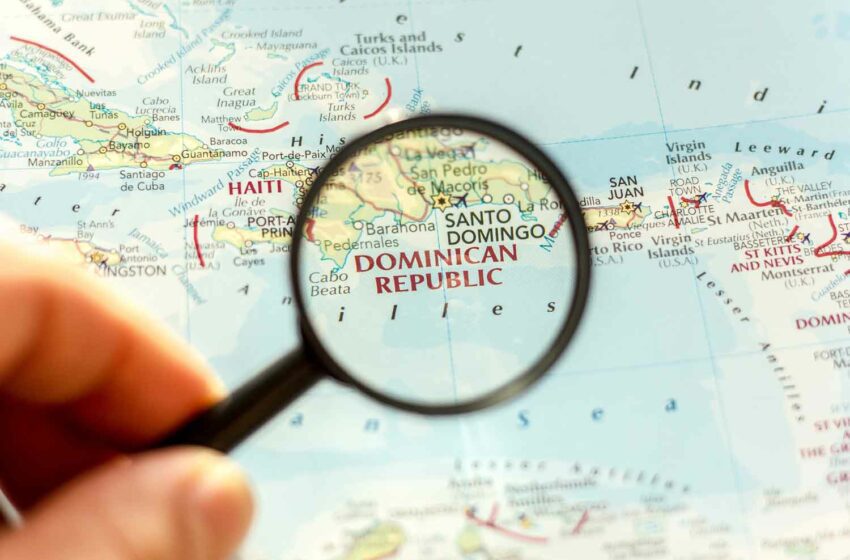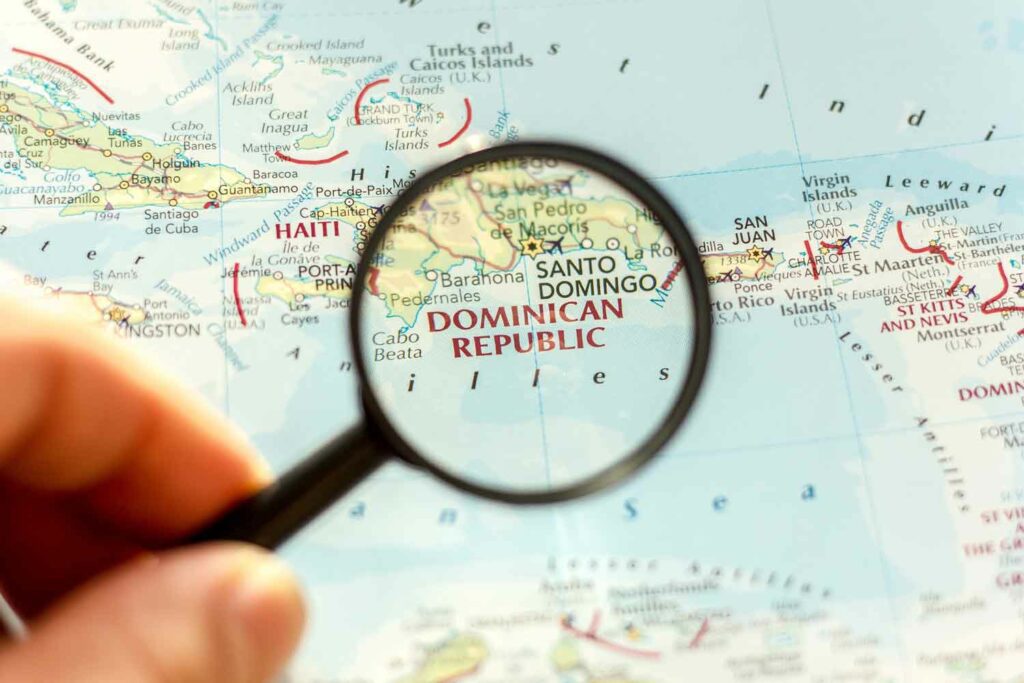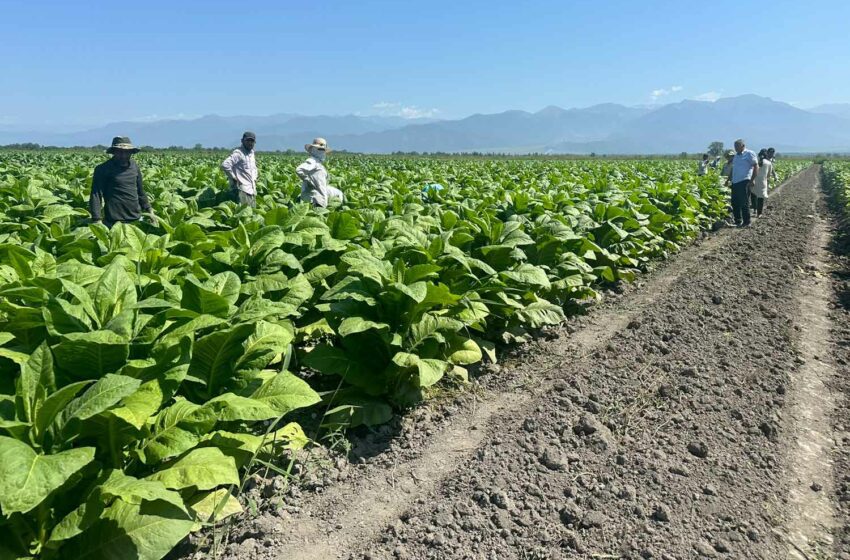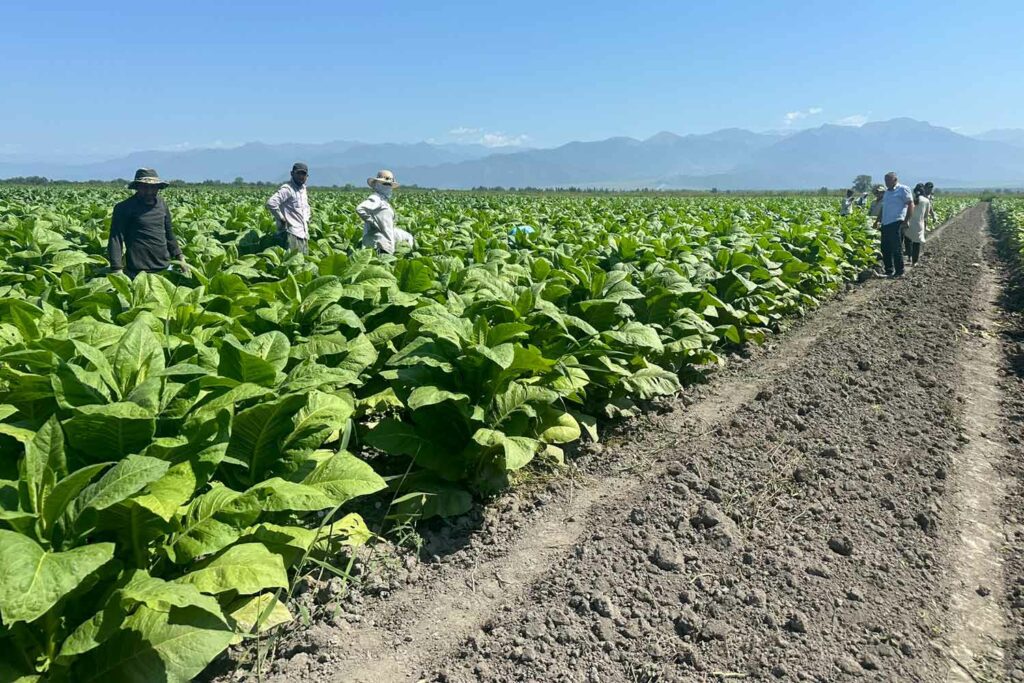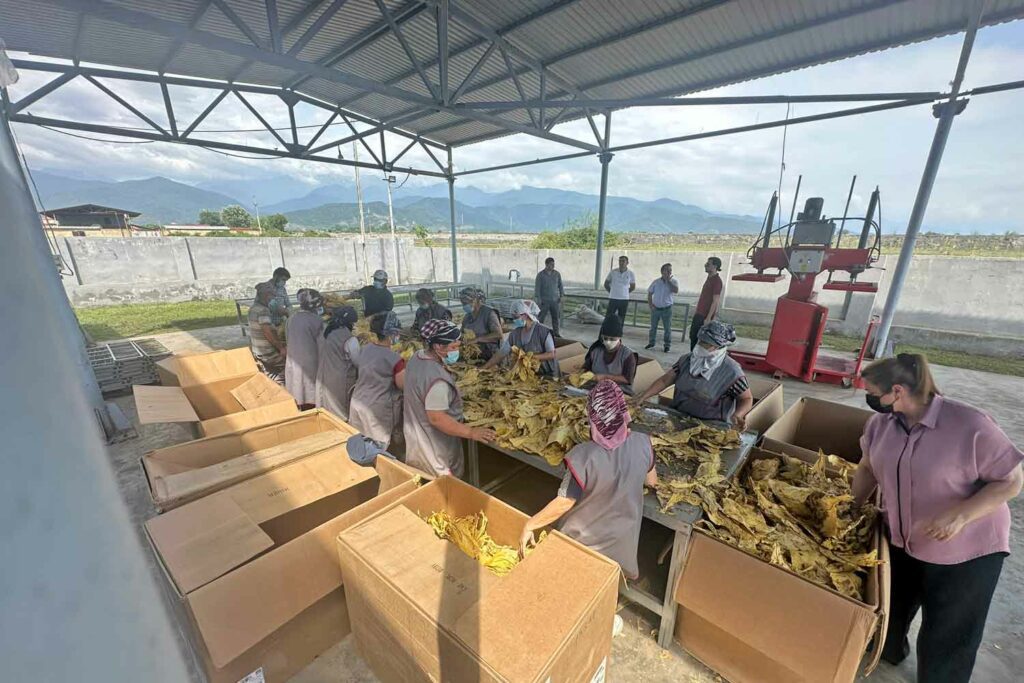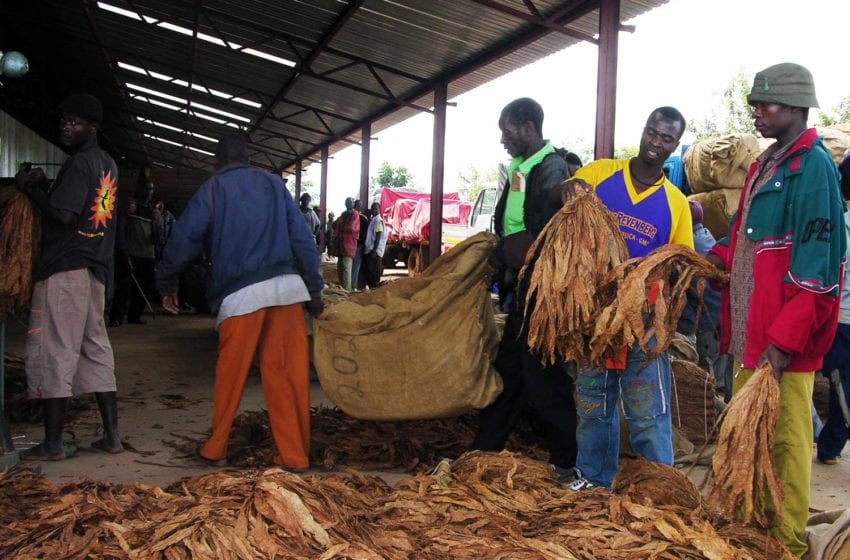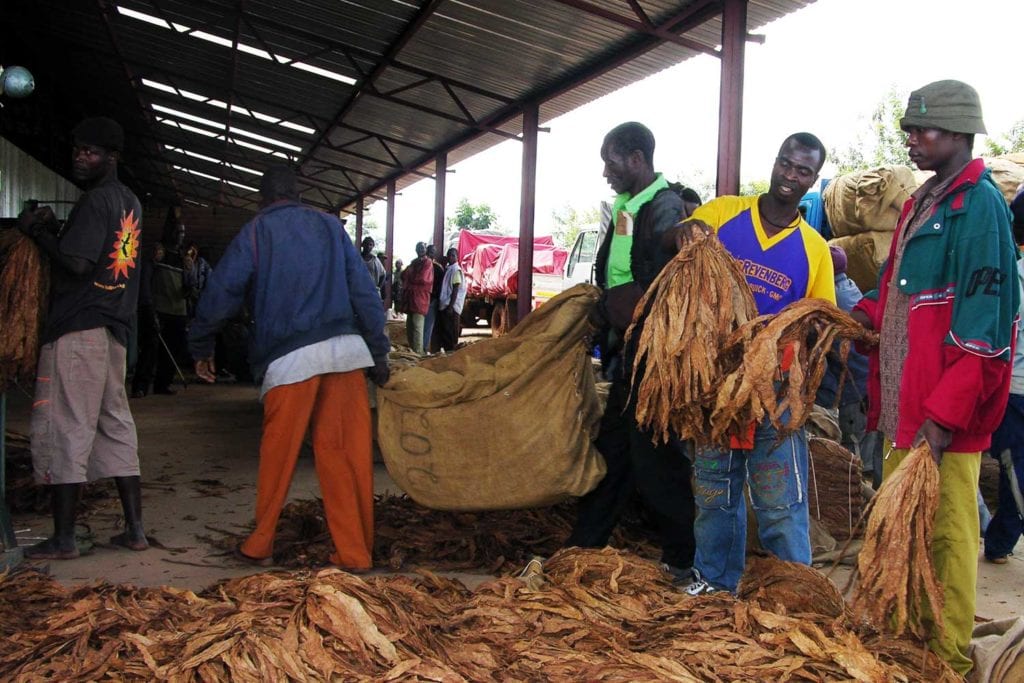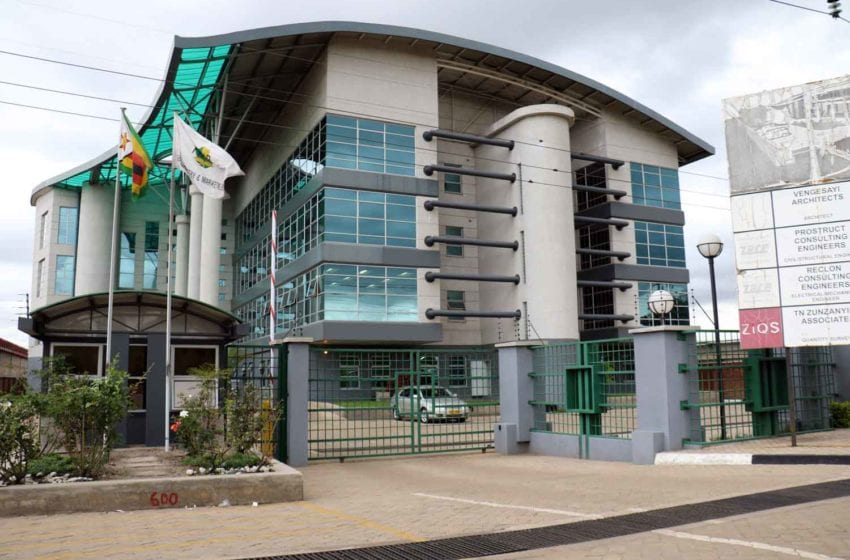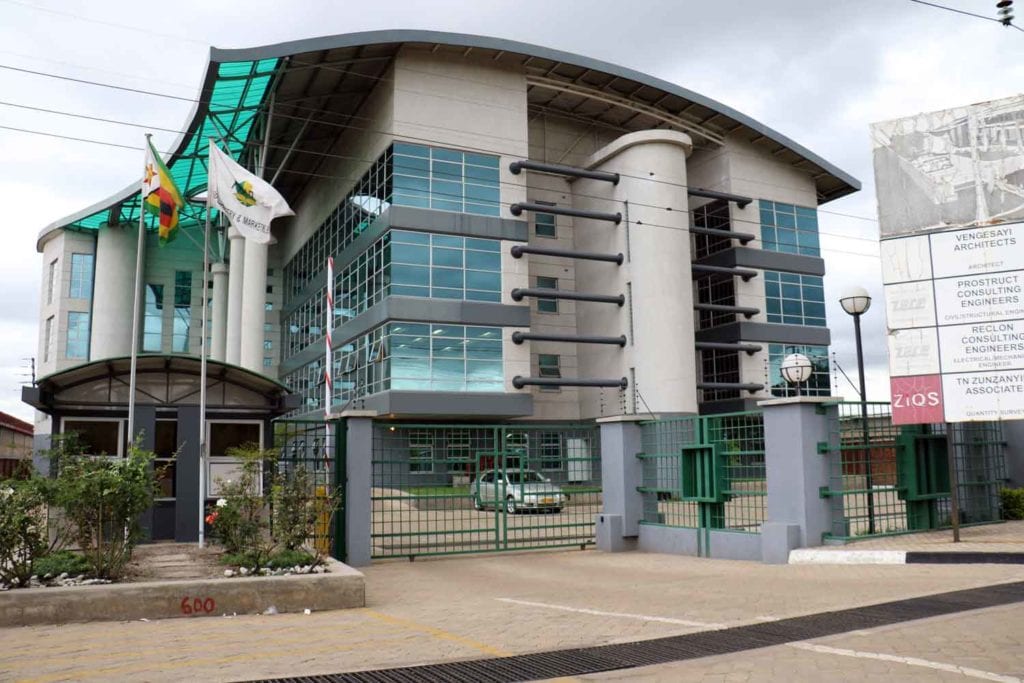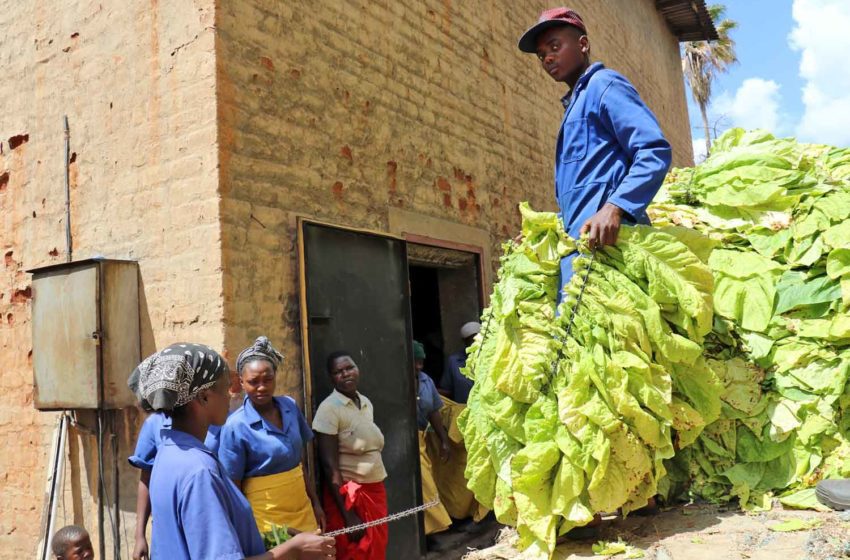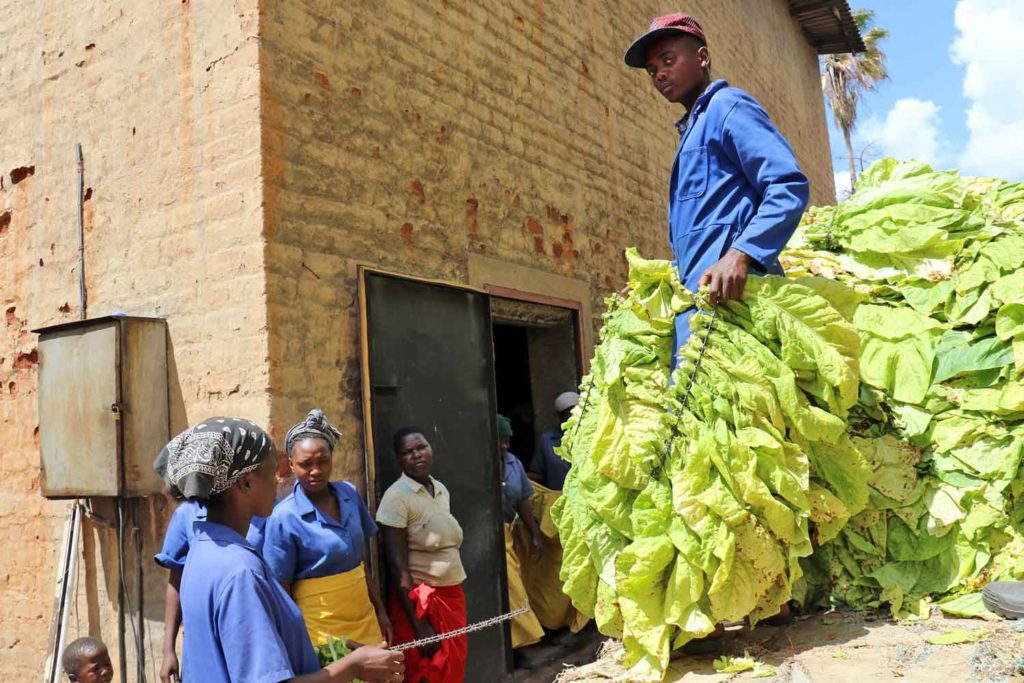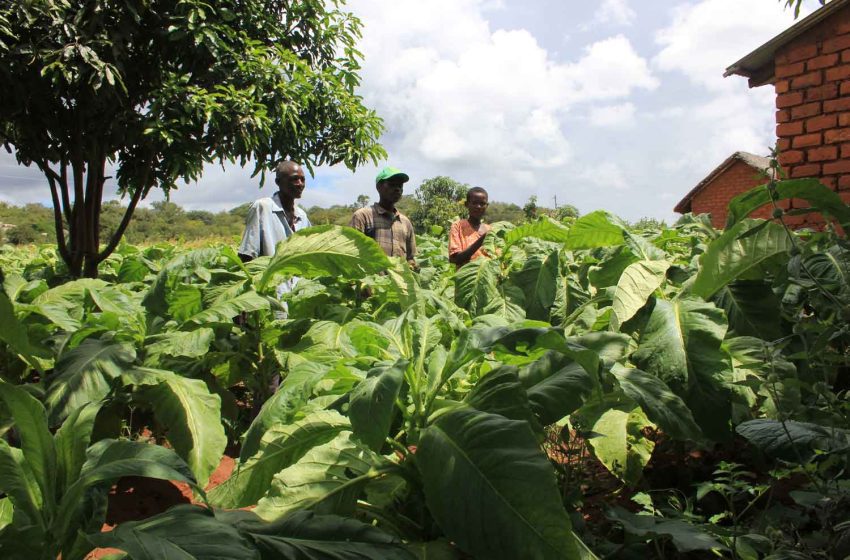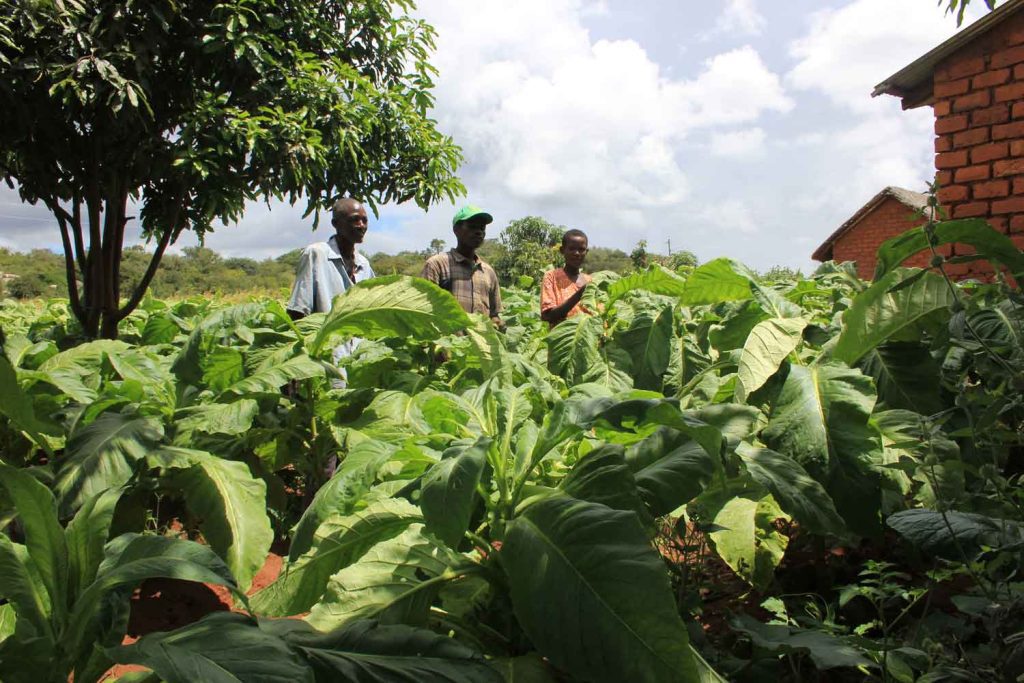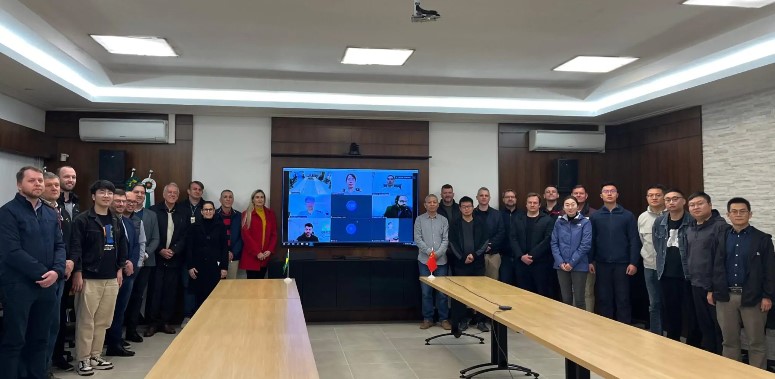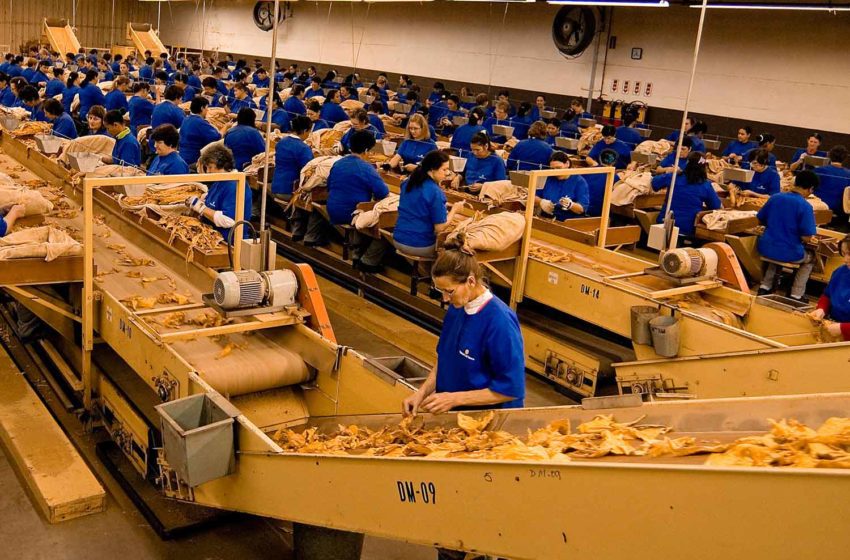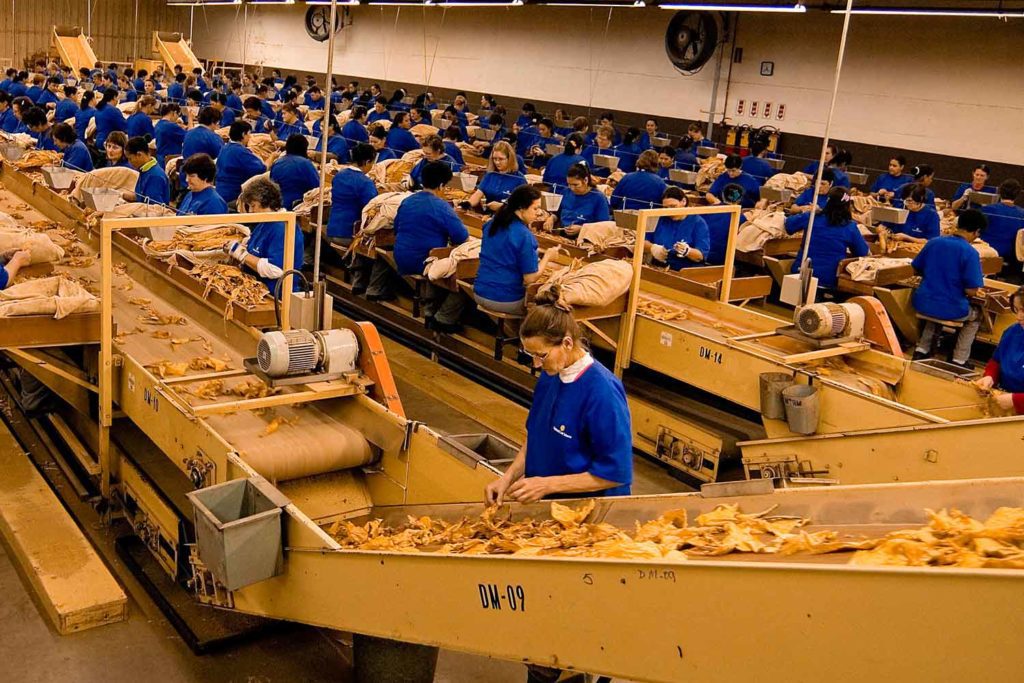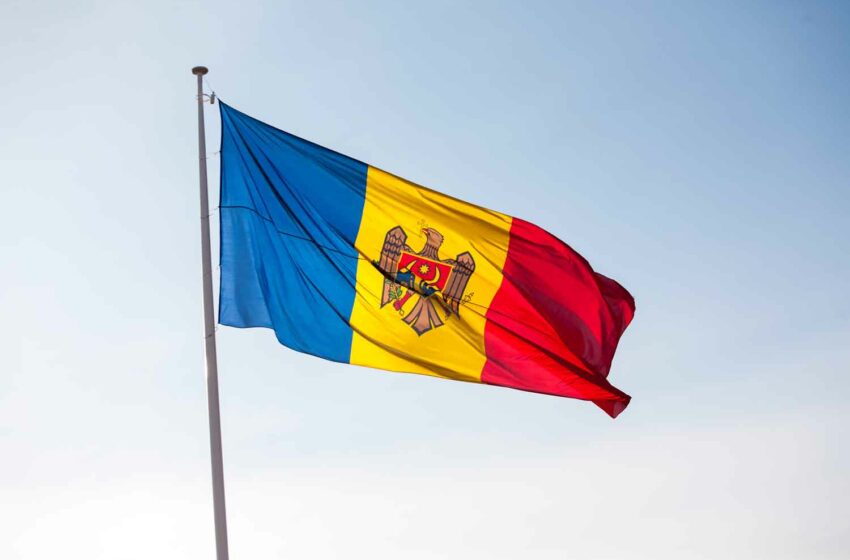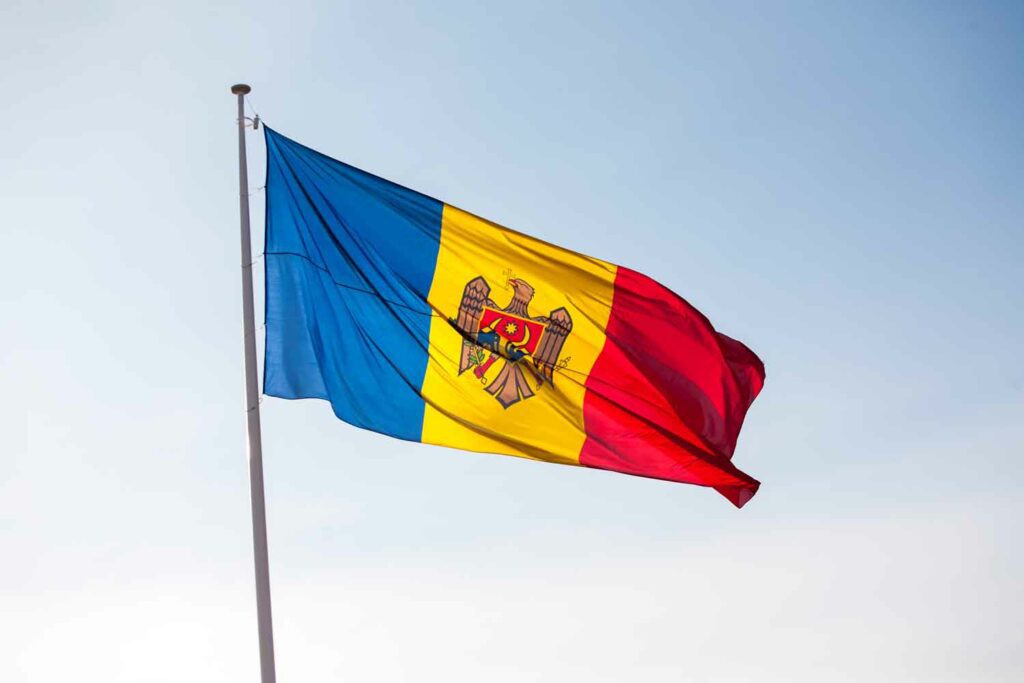On Aug. 9, the Interstate Tobacco Industry Union (SindiTabaco) hosted a meeting to formalize the closure of the tobacco pre-inspection procedure for the 2023/2024 crop year, one of the requirements of the bilateral trade protocol between Brazil and China. The meeting was held in hybrid format, with the virtual presence of the technicians from the General Administration of Customs China (GACC) and the representative of the Ministry of Agriculture, Livestock and Food Supply (MAPA) and of the National Organization for Brazilian Phytosanitary Protection (ONPF), Pedro Carneiro Abreu.
Other authorities from Brazil and China attended the event as well.
“This is a primordial moment for compliance with the protocol. The samples were collected in a very effective manner, and it is with great satisfaction that I inform you that no pests were detected in the collected samples. This once again corroborates the quality of the Brazilian tobacco. China is one of our largest importers of tobacco, and this partnership plays a fundamental role for the continuity of the businesses between the two countries. We are sure that we will continue making strides in this relation,” commented Abreu from MAPA Brasilia.
“Our participation consists in representing this commitment, which is also shared by minister Carlos Favaro, besides acknowledging this activity as relevant for the entire country. In our understanding, this expresses our responsibility with regard to the Chinese inspection organs,” said Jose Cleber de Souza, superintendent at MAPA RS.
The MAPA was in charge of collecting the processed tobacco samples and sending them to the Central Analytical Laboratory of the University of Santa Cruz do Sul (UNISC) for laboratory tests that confirm the phytosanitary status of the product prior to shipment. Roque Danieli, tax auditor and head of MAPA’s Plant Health and Inputs Inspection Service in RS, presented details about the pre-inspection activities.
“During these 23 days in which we worked jointly with the GACC representatives, in virtual format, it was possible to attest to the quality of the 2023/2024 crop and demonstrate that, at field level, the 2024/[20]25 crop is now under cultivation with all the necessary cares in compliance with the requisites set forth on the protocol. The integrated production system gets the credit for the fact that tobacco is the commercial crop that uses the least amount of pesticides at field level, a result of the constant work of the farm extension agents. We hope that the presentation of the works is cause for satisfaction, and next week, we shall send the final report to Brasilia to be forwarded to the GACC,” Danieli said.
Zhang Nan Zhengrong, Leader of the China Leaf Company Delegation, presented the pre-inspection report to the attendees of the meeting jointly with the technician responsible for the Central Analytical Laboratory of UNISC, professor Adriana Dupont Schneider. She gave details of the analyses.
“This year, we analyzed a total of 54 lots with samples collected in eight companies. The laboratory activities took 24 days, and they certified the phytosanitary safety with regard to the nine quarantine pests set forth in the agreement, of which, six are types of insects, two weeds and the fungus known as blue mold. All the results were negative for the pests included in China-Brazil trade protocol,” said Schneider.
“Tobacco is an agricultural crop that suffers harsh criticism but has been vigorously defended by the MAPA,” said SindiTabaco President Iro Schuenke. “This has a lot to do with the social and economic importance of the crop for our country, especially for the South Region. China is our second-largest importer, coming only after Belgium, and every year purchases big amounts of our tobacco. And this is the moment for a special mention of the farmers that cultivate tobacco in Brazil who, along with the farm extension agents, have performed all the necessary works for our compliance with the necessary requisites that have kept Brazil as top leaf exporter over the past 30 years.”



